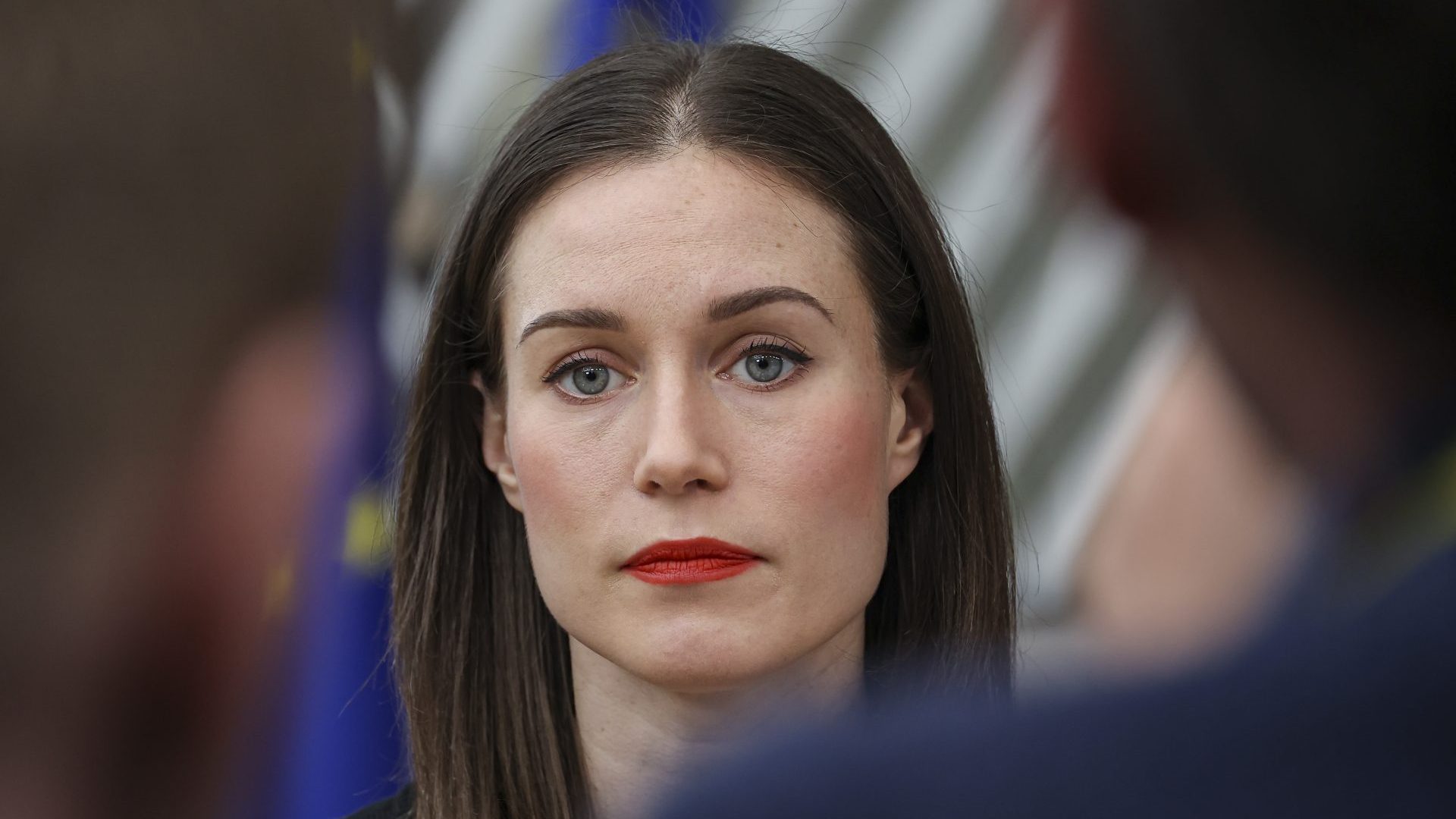“Democracy is always a wonderful thing,” said Finland’s prime minister and star of the European left, Sanna Marin over the weekend. Her remarks came as she conceded defeat after her centre left Social Democrat Party (SDP) finished third place in the country’s election.
Led by Petteri Orpo, the right wing National Coalition party (NCP) won 20.8 % of the vote, securing a razor-thin victory. Meanwhile, the far right populist Finns party secured 20.1% of the vote with Marin’s SDP finishing with 19.9% of the vote. Voter turnout was 71.9%, just a slight drop from the 2019 election where turnout was recorded at 72.1%.
Voters cited the flailing economy as a priority when casting ballots, pushing them towards the newly elected Orpo, Finland’s former finance minister.
On the campaign trail, Orpo had targeted increasing government debt and made the case for budget cuts. He has also said that the NCP is open to cooperation with the Finns as the two parties, on the whole, agree on how to strengthen the economy. However, the NCP does not share the Finns’ Euroscepticism or climate change denial and could still choose an alliance with Marin.
The election also closely followed Turkey’s president Recep Tayyip Erdoğan ratifying Finland’s NATO membership; a defeat for Vladimir Putin and the removal of the last obstacle before the country joins the international alliance.
“First to Ukraine: we stand by you, with you,” Orpo told the Associated Press at NCP’s victory event. “We cannot accept this terrible war. And we will do all that is needed to help Ukraine, Ukrainian people, because they fight for us. This is clear. And the message to Putin is: go away from Ukraine because you will lose.”
Marin, who at age 37 is one of Europe’s youngest leaders, lost out on enough votes to secure a government. The world may love Marin, as reported by Suna Erdem in The New European on Friday, but the leader found herself in hot water last summer after leaked video footage showed her drinking at a party raised questions over the presence of drugs. Marin has since passed a drug test, but many of her critics saw it as a chance to attack her experience and professionalism.
The result comes as the latest blow for the European left. Germany’s Olaf Scholz is under increasing domestic pressure with the fundamental differences between the chancellor’s Social Democratic Party (SPD), the Free Democratic Party (FDP) and the Greens beginning to show. Sweden’s centre-right leader Ulf Kristersson ousted incumbent prime minister Magdalena Andersson in their latest election in September and in the same month, Italy’s Giorgia Meloni secured an electoral victory, making her the country’s most far right leader since Benito Mussolini.
Orpo’s victory and Marin’s defeat, therefore, not only raise questions about the nation’s future but about the political direction of the rest of the continent.










